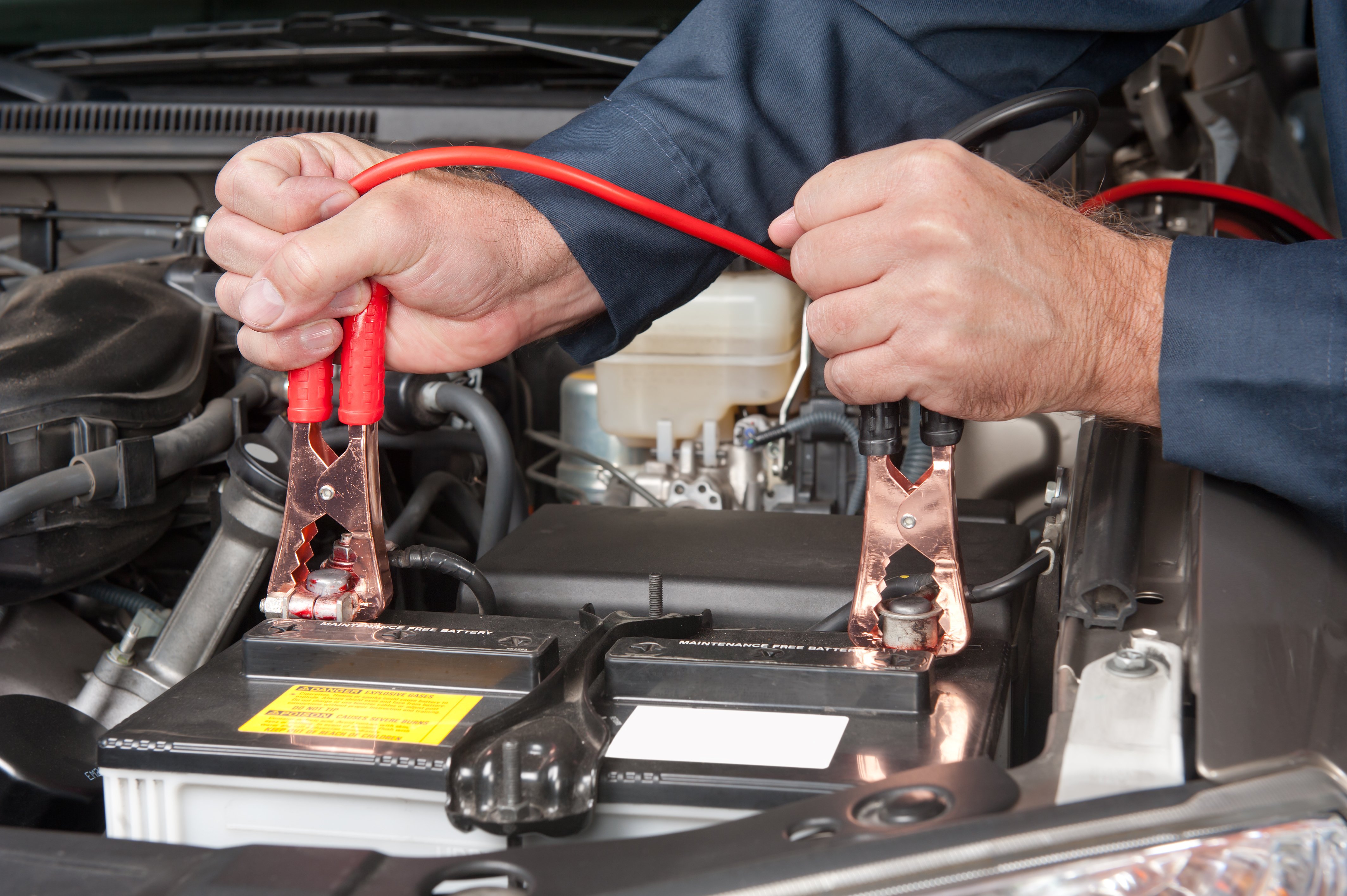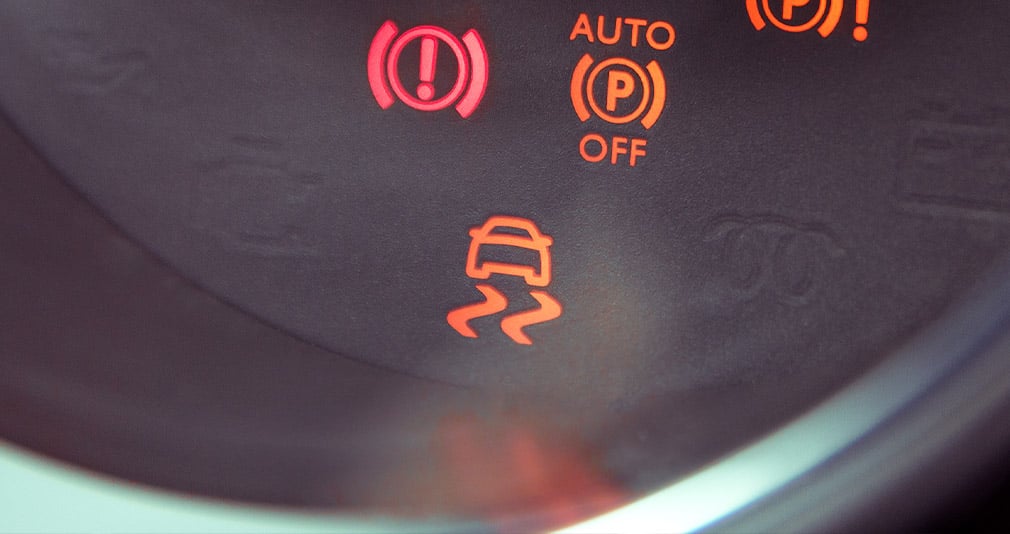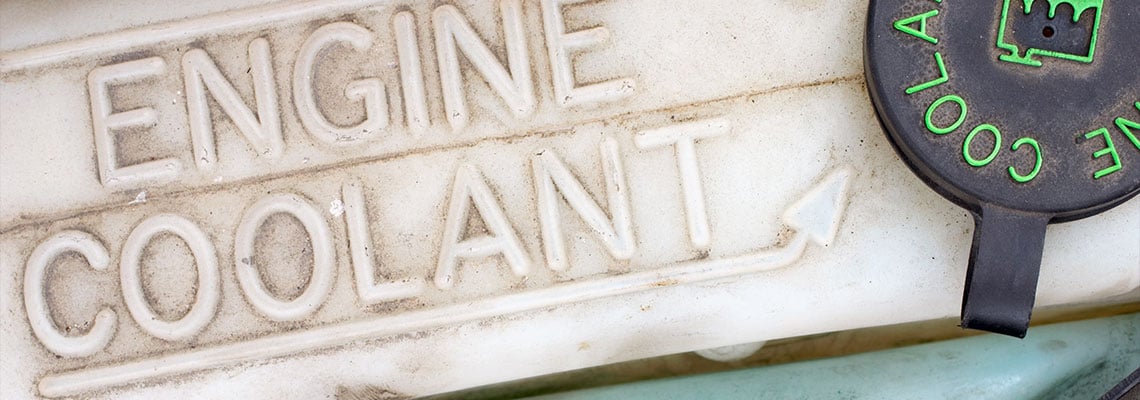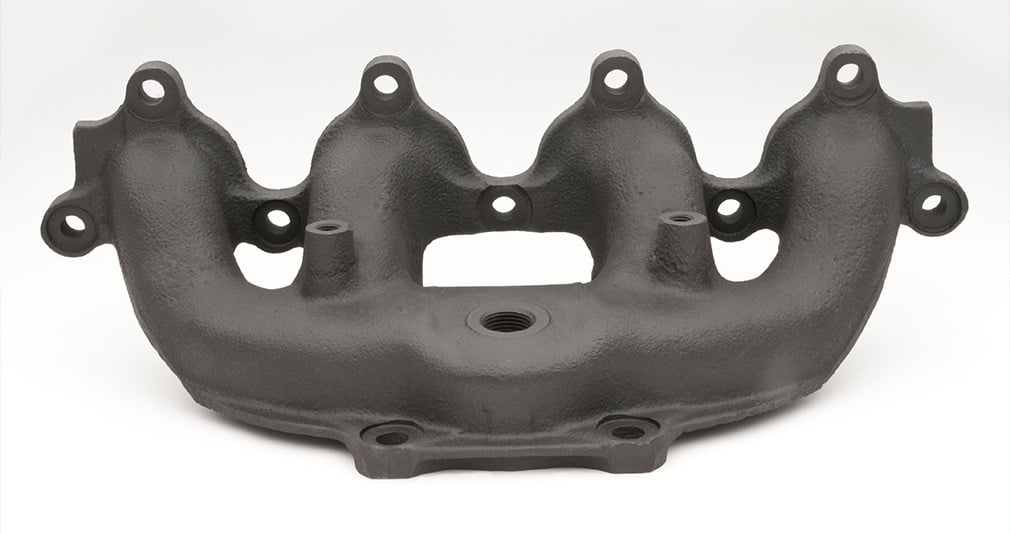From getting you to work on time to dropping off the kids at school and sports practice, your car has a lot of places to be each day. So when your car battery goes bad and keeps dying on you, it can disrupt your entire week.
How can you make sure your battery is reliable and always ready to power up your vehicle to get your family where they need to go? Knowing why a battery is going bad or has completely died can help you avoid the problem in the future. Here’s everything you need to know about dead car batteries.
Why Did My Car Battery Die?
There’s nothing quite as frustrating as getting in the car to head to work only to find out your car battery is out of commission. Your car battery may have died for a number of different reasons. Here are four common ones:
Driving Habits
Look, no one wants to admit that the way they drive may not be great. But when it comes to a dead car battery, don’t shy away from reviewing your driving behaviors that can strain a car battery. It might be uncomfortable at first, but it can help you improve your habits and let future batteries last longer.
If you’re used to driving short distances each day, this could be a significant contributor to premature battery failure. Short trips, about 15 minutes total or driving less than 10 miles a day, will prevent your alternator from fully recharging the battery. Over time, this can cause a dead car battery. Additionally, the battery can die if the family car often sits for several weeks or months without use.
Neglect
Corrosion, loose cables, cracks or bulges can keep your battery from doing its work. You should inspect it at least twice yearly, or about every 6,000 miles driven.
If you see corrosion, be sure to clean it off (or take it to the shop to have it thoroughly cleaned). If you notice damage to the battery, like cracking or bulging, consult a mechanic about replacing your car battery immediately.
Parasitic Draw
Today’s car batteries are designed to power many different technical components and devices in a car at once, like heated seats, backup cameras, Bluetooth radio and more. But these batteries still have their limits. When you turn off the car but forget to shut off the headlights or interior lights, or you leave your phone chargers plugged in overnight, they’ll continue to draw power.
This phenomenon, called parasitic draw, will leach power from the battery and can quickly drain it and leave it dead. It’s a common culprit, especially when your car battery seems to have died suddenly with no warning.
Extreme Weather
For cars parked on the street or in garages without heat or insulation, the weather can actually affect the battery. Some advanced batteries, like batteries made for hybrid or electric vehicles, can better withstand extreme heat or cold. But most batteries are still vulnerable when the temperatures plummet or skyrocket.
The best way to lengthen the lifespan of your battery is to keep your car parked in shady, cool areas in the summer and in warm garages in the winter.
Signs of a Dead or Dying Car Battery
It’s usually pretty easy to tell when a car battery is dead — the car won’t turn on. Here are a few more common signs that your battery is on its way out:
- Problems starting the car. Your car may take longer to start than usual or will not start at all. You may also notice your car struggling to start when temperatures are below freezing.
- Lack of sound and lights. If you turn the ignition to “on,” but the radio and lights don’t start, it could be a sign of a dead battery.
- Damaged battery. Leaks, bulges or visible damage is a sure sign of a dead or dying battery. This can happen for many reasons, including overcharging by the alternator or excessive shaking.
- Rotten egg smell. You shouldn’t be able to smell your battery. When it is dying, it could smell like rotten eggs, indicating a sulfuric acid leak. This is dangerous to you and other parts of the car, so you’ll want to get the car to the shop as soon as possible.
If your car simply doesn’t start, it could be the battery, but a faulty alternator is also a common culprit. One way to tell? Give it a jump. Usually, jumping the car will work for a dying car battery. But if the alternator is going bad, jumping the vehicle will help start the car, but you’ll notice the car stalls out shortly after.
The Lifespan of a Car Battery
Many car batteries will last about three to four years. Driving short trips regularly, allowing parasitic draw or not keeping up with maintenance can drastically reduce the lifespan of your car battery to only one or two years. But if you care for your battery, you can help it last over five years.
Remember, though, that car batteries over three years old — even with regular maintenance and good driving habits — will become less and less reliable.
When to Replace Your Car Battery
If your car battery keeps dying and jumping is only providing a temporary solution, it could be a sign that your car battery is just too old and due for replacement.
Another clear sign it is time to replace a car battery is when the battery is leaking and/or has signs of visible damage. Leaking battery acid is dangerous, and unlike a cracked windshield or bumper, you can’t patch up the car battery. Cracks, bulging, or other damage should tell you it’s time for a battery replacement.
How to Care for Your Car Battery
You don’t have time to deal with a dead car battery, so maintenance is key. Just as you spend time making home improvements or tending to your garden, your car and its battery need a little TLC to get the most out of them.
Minimize short trips. Frequent, short drives can wear down your battery. If you can take a bike or walk for short distances, that may be a better alternative. But also try not to let your car sit parked for long periods of time. It’s the perfect excuse to round up the family and head out for a weekend road trip.
Unplug and turn off accessories. Before you get out of the car, make sure to unplug phone chargers and turn off the headlights or other accessories, like interior lights. These items can lead to parasitic draw, which will quickly drain the battery’s energy and leave you with a dead battery the next time you jump in the car.
When in Doubt, Bring It In
Regularly inspecting your battery can help you catch problems, like loose cables or corrosion, before they completely damage your battery or other parts of the vehicle.
If you aren’t sure what to look for, contact your local repair shop to have a skilled technician inspect your battery, clean the terminals as needed or replace damaged or dying batteries so you can be on your way with a trusty, reliable car battery.












